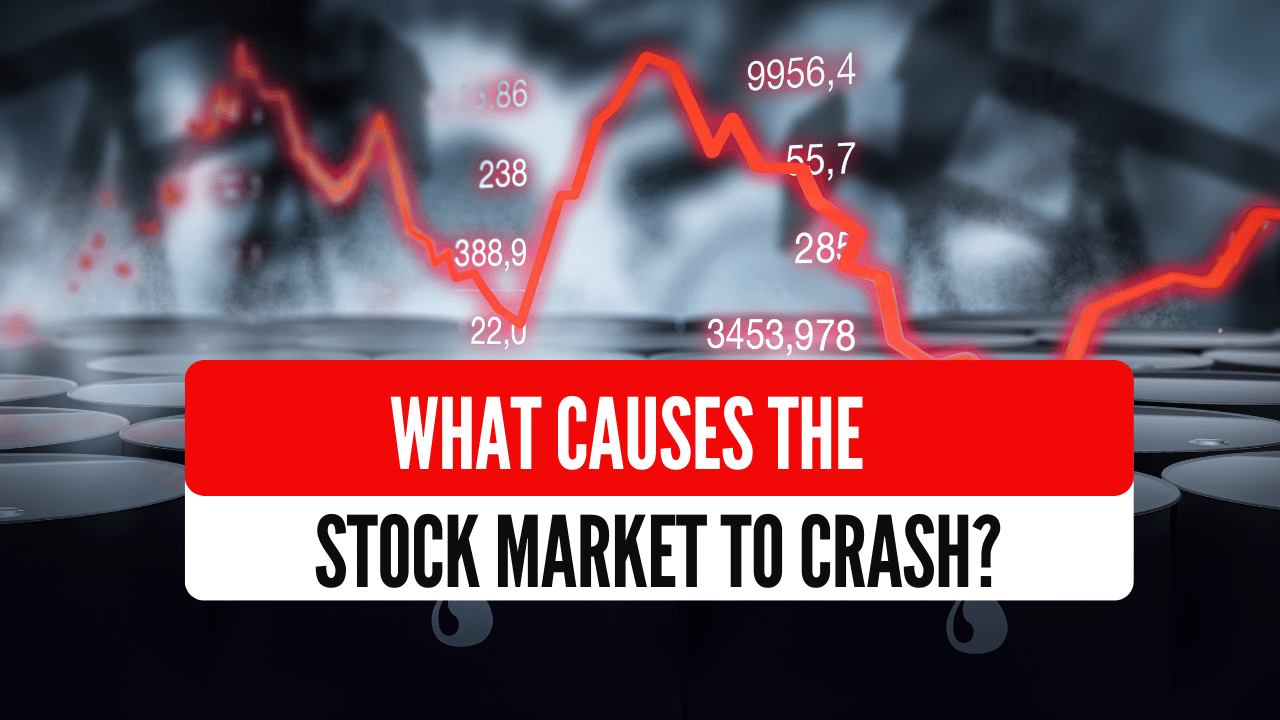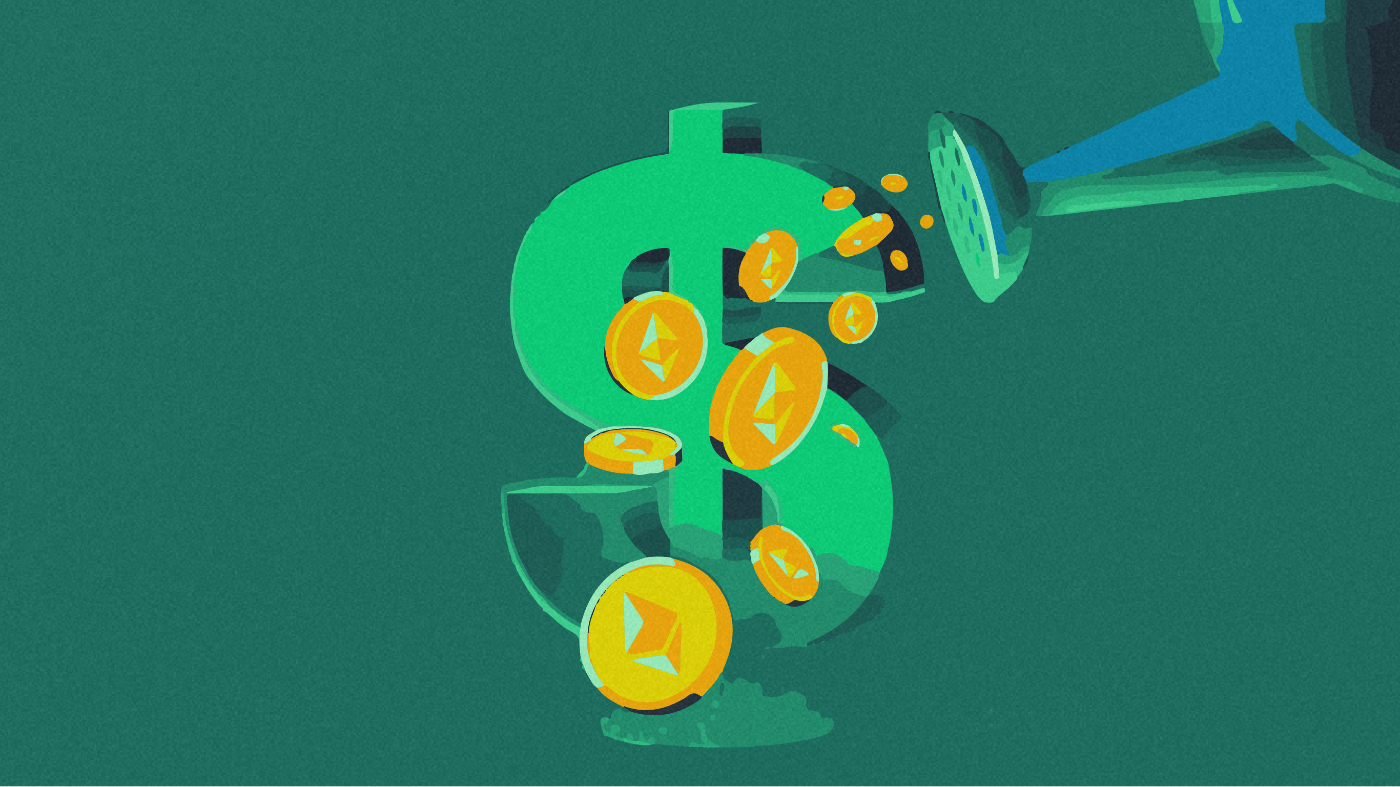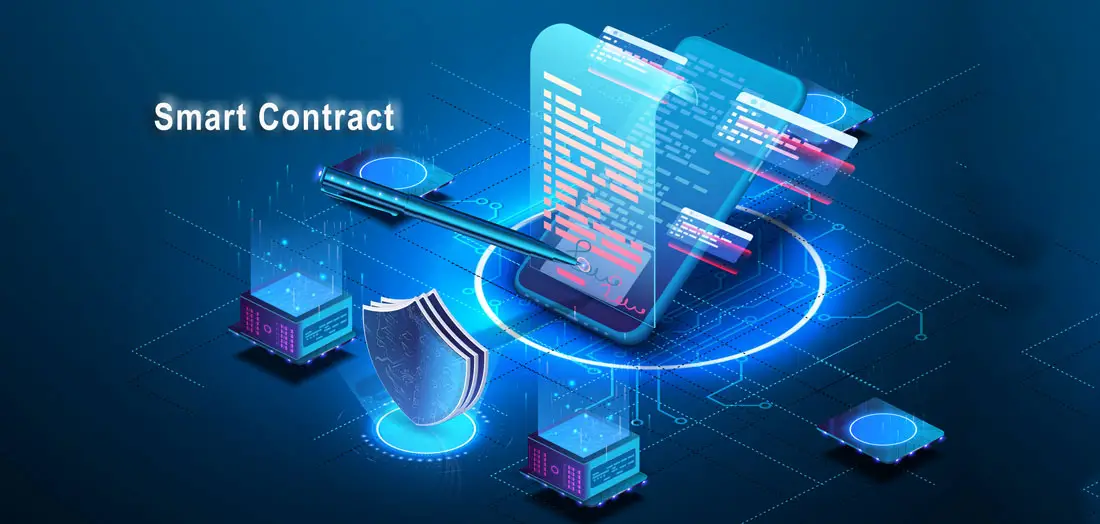Shifting Tides: Seven Blockchain Breakthroughs Revolutionizing Industries Beyond the Cryptocurrency Realm
Blockchain technology, once primarily linked to cryptocurrencies, has evolved far beyond its origins. Its decentralized, transparent, and secure nature is now reshaping various industries, revolutionizing traditional systems and processes. This article, "Shifting Tides: Seven Blockchain Breakthroughs Revolutionizing Industries Beyond the Cryptocurrency Realm," highlights these transformations. Each section explores a unique industry, demonstrating how blockchain is not only disrupting but also enhancing operations. Our journey will cover sectors such as healthcare, supply chain, finance, real estate, energy, gaming, and the public sector.
Blockchain in Healthcare

Healthcare is seeing a significant transformation due to blockchain technology, particularly in how patient data is managed. Traditionally, patient records were stored in centralized systems, making them vulnerable to breaches and difficult to access. Blockchain’s decentralized structure offers enhanced security and privacy, allowing only authorized personnel to access patient information. This technology also helps track the authenticity of medications, combating the circulation of counterfeit drugs. With promising pilot projects, blockchain is poised to drastically improve healthcare systems.
Supply Chain Management
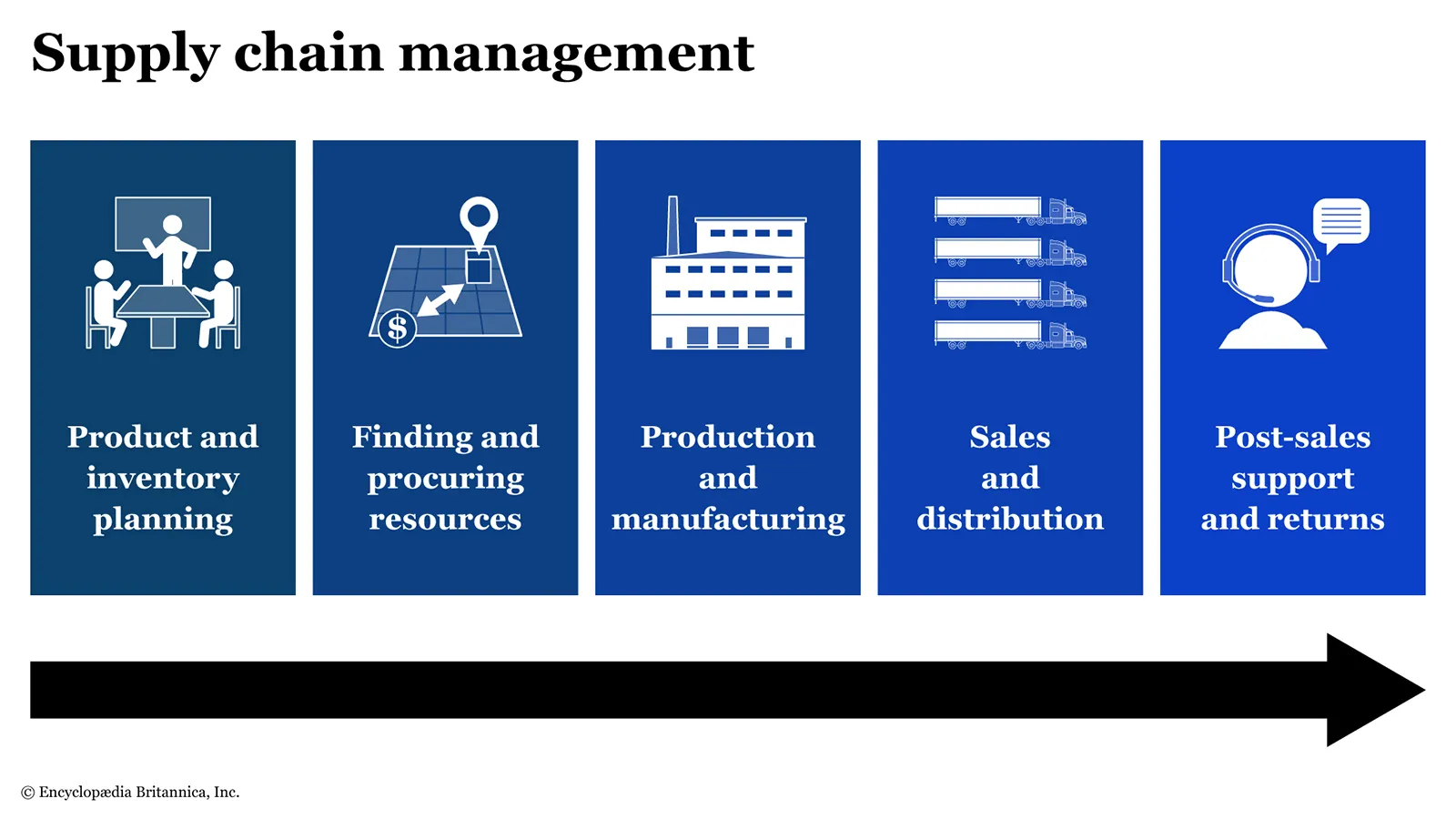
Blockchain is revolutionizing supply chain management by improving transparency and efficiency. Every transaction is recorded on a decentralized ledger, creating a permanent record of a product’s journey, from raw materials to the consumer. This transparency helps companies quickly identify inefficiencies and reduce costs, while consumers can verify a product’s authenticity and ethical sourcing. Blockchain’s impact on the supply chain enhances trust and accountability across industries.
Finance and Banking
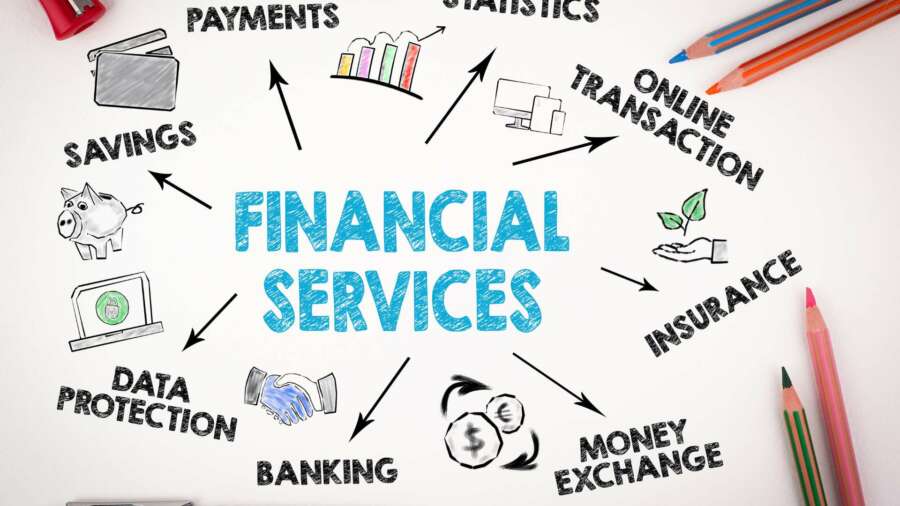
One of blockchain's most significant impacts is in the finance and banking sector. The decentralized nature of blockchain removes the need for intermediaries, cutting down transaction times and costs. Smart contracts automate and enforce contract terms, reducing disputes. Additionally, blockchain enables secure and transparent cross-border transactions, expanding financial access to unbanked populations. Decentralized finance (DeFi) highlights blockchain’s potential to democratize financial services globally.
Real Estate
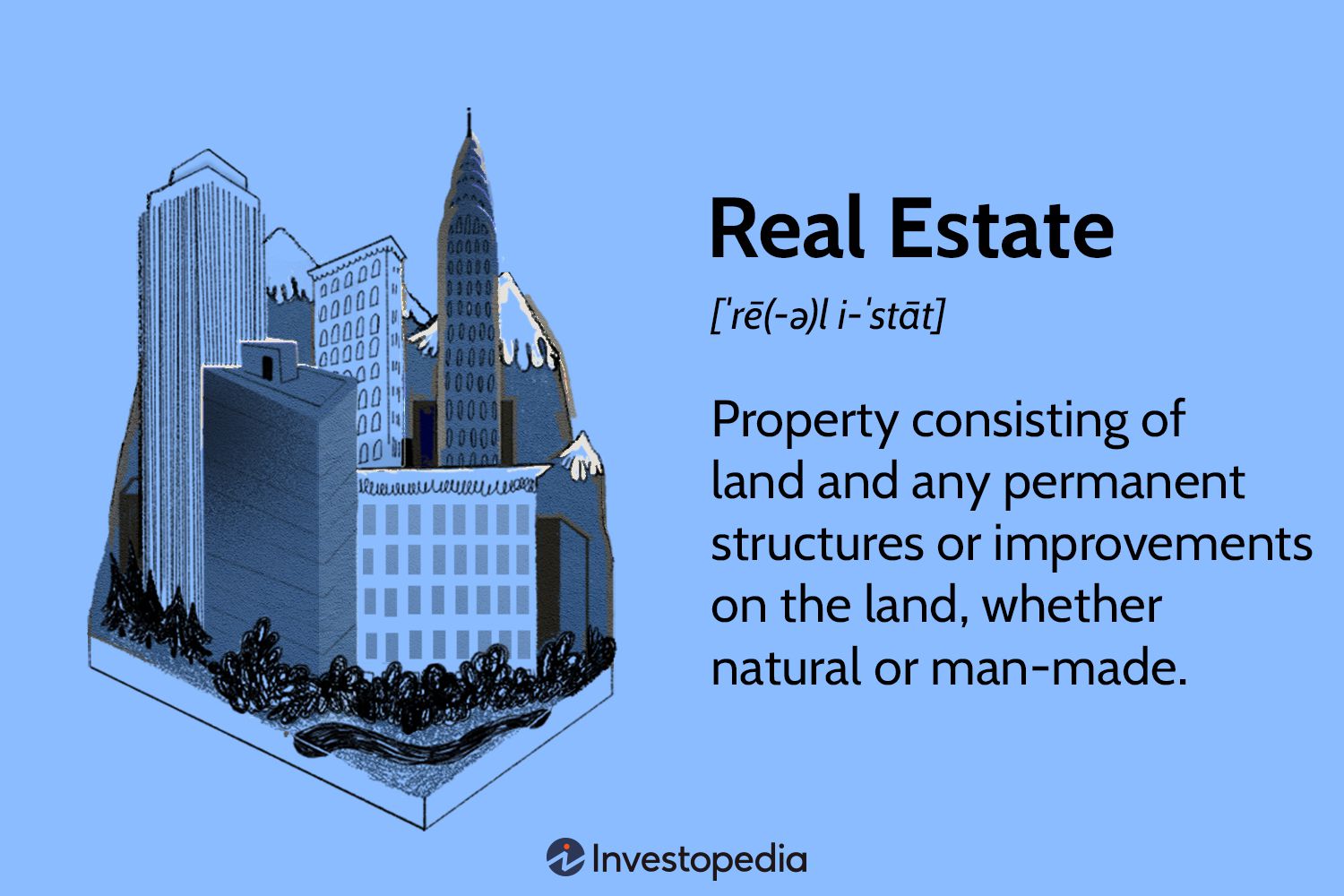
In real estate, blockchain is simplifying the often complex processes of buying and selling properties. Property records, including ownership history, can be securely stored on the blockchain, eliminating the need for time-consuming background checks. Smart contracts can automate the transfer of property titles, speeding up transactions and lowering costs. Additionally, tokenization allows for fractional ownership of real estate, making investments in property more accessible to a wider audience.
Energy

Blockchain is transforming the energy sector by enabling peer-to-peer energy trading. Consumers can use blockchain to sell excess energy directly to their neighbors, bypassing traditional energy companies. This decentralized model encourages the use of renewable energy and democratizes energy markets. Blockchain’s transparency also helps track the source of energy, allowing consumers to choose greener options with confidence.
Gaming

In gaming, blockchain is creating new opportunities for players by introducing play-to-earn models and true ownership of digital assets. Gamers can earn cryptocurrencies through gameplay and trade in-game items on blockchain-based marketplaces. This not only adds value to the gaming experience but also provides a new source of income for players. Blockchain ensures the authenticity and rarity of digital assets, adding another layer of excitement and economic potential in gaming.
Public Sector
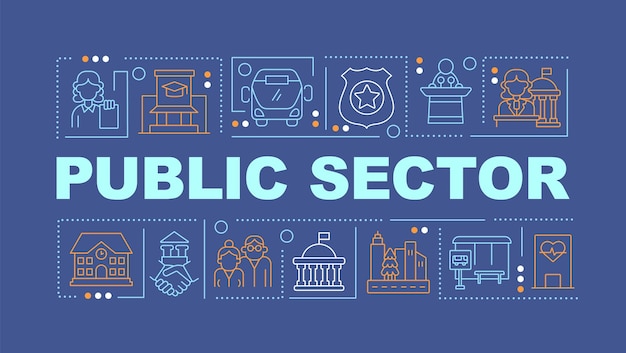
Finally, blockchain is finding its way into the public sector, promoting more transparent and efficient governance. Blockchain-based voting systems offer secure, tamper-proof elections, which can enhance democratic processes. Moreover, blockchain streamlines public services like land registries and identity verification, cutting through bureaucratic inefficiencies. Governments around the world are exploring blockchain’s potential, signaling a shift toward more digital and transparent governance systems.
Blockchain technology is no longer just about cryptocurrencies. Its potential is being realized across various industries, where it’s not only disrupting traditional practices but also offering enhanced transparency, security, and efficiency. As we continue to explore the vast applications of blockchain, its potential for innovation is boundless, paving the way for a decentralized and more equitable future.

